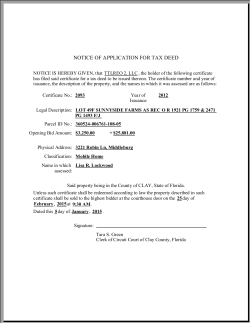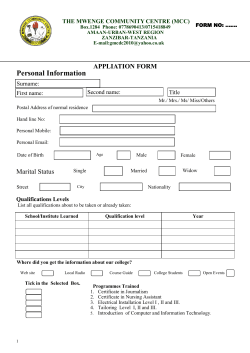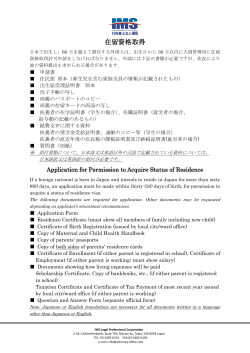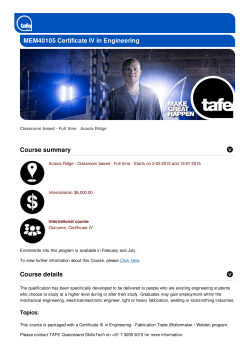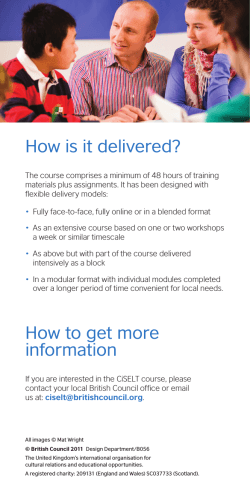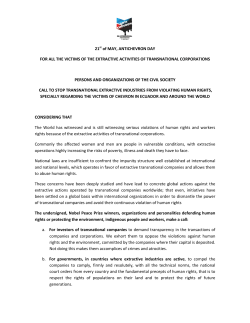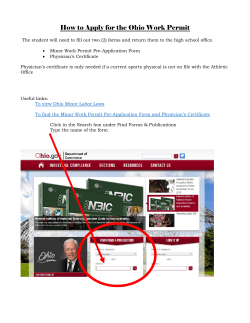
Community Relations Practice in the Extractive Industry
Why this certificate programme? Social issues are among the top five business risks in the extractive industry, posing significant challenges for companies, communities, and governments if not well managed. The Certificate Programme in Community Relations Practice in the Extractive Industry Developing and empowering community relations professionals in the African extractive industry This programme aims to create a new generation of highly-skilled community relations practitioners who are sensitive to the challenges and solutions unique to the African context. So far, the programme has a strong alumni of 119 professionals from 23 countries, hereof 19 African. A highly valuable network which benefits from news and events exclusively for this professional group. Using comprehensive content and creative training formats (like role play, case studies, external speakers and video footage analysis), this course has direct application into the workplace. There are a total of four courses; each one is a 5-day course. Course dates in 2015 23-27 March 2015 Managing Community Impacts 7-11 September 2015 Context, Situation and Community Profiling How to develop and implement appropriate management and monitoring interventions. How to understand your local area and the key influences and impacts. • • • • • • Trends, standard, and expectations of monitoring and reporting impacts on communities How to use leading tools to effectively manage impacts Issues of day-to-day management of impacts Options for mitigation of impacts, including: land take, local employment, security, mine closure, live-lihood destruction, water, artisanal small-scale miners, community safety • 8-12 June 2015 Managing Community Benefits and Partnerships How to foster capacity and socio-economic development for communities. • • • • Mapping the spectrum of socio-economic development for communities: employment, procurement, beneficiation, taxation, infrastructure and services, and more. Learn leading development methodologies, and how to link to organisations’ business objectives How to develop and manage partnerships, Exit strategies: Scaling up, replicating, sustainability and handing over development interventions • • • The complexity of the mining process Unravel the interlinking factors influencing community and social issues Information gathering processes and tools Different approaches to impact assessment Sharpened communication skills 2-6 November 2015 Developing and Maintaining Stakeholder Relations How to achieve positive and constructive stakeholder relations. • The key principles and values underpinning productive relationships • How to effectively use the different approaches to stakeholder engagement • Grievance management, conflict resolution, and stakeholder mapping • Protect corporate reputation while ensuring authenticity and transparency Programme developed and presented by: Who should attend? This course is aimed at community relations practitioners within Africa from extractive industry operations, governments, NGOs, community-based organisations and development organisations. Applicants should have: • Responsibility for community relations functions within their professional organisation in Africa; • Evidence of practical community relations field experience; • Evidence of competency at NQF level 5 or equivalent (international applicants can seek • equivalency from the South African Qualifications Authority); and • English language speaking, reading and writing skills. About the course facilitators Alison McCallum Alison has spent 18 years translating the theory of “corporate social responsibility” into practice at the corporate and operational level. Alison has also been a key contributor and editor of all three SEAT manuals published by Anglo American. Ed O’Keefe Ed has worked on natural resource projects and community development in Africa for 20 years. He is currently a director at Synergy Global Consulting, where for the past decade he has focused on helping transform the way extractive industries manage their relationships with communities. Course accreditations A University of Witwatersrand accredited Certificate of Competence is awarded upon successful completion of any individual course. All courses are also accredited by the Engineering Council of South Africa for Continued Professional Development (CPD) points. A University of Witwatersrand accredited Certificate of Competence in Community Relations Practice within the Extractive Industry is awarded upon successful completion of all four courses. FOR MORE INFORMATION and TO REGISTER NOW: “AngloAmerican’s participants found this to be a stimulating and challenging course, and well worth the investment.” Jonathan Samuel, Head of Social Performance, Acting Head of Government Relations, AngloAmerican, United Kingdom www.synergy-global.net/r/training.php “This course was worth attending and very enriching.” Ben Miranga, Social Investment Coordinator, Tullow, Kenya “I consider myself very fortunate to have attended this course. Very insightful with loads of discussion on current trends and developments.” Jules Mulya, Independent Consultant, DRC “Thank you all for your highly professional and exciting experiences of dealing with different [areas of community relations]. It was a very productive training; that way we can change our routine style of working as community relations practitioners.” Theophil Celestine, Senior Community Relations Officer, Kabanga Nickel Co. Ltd, Tanzania Course information Where: University of the Witwatersrand, Johannesburg, RSA Course fee*: Corporate: ZAR 19,500 (excl. VAT) Non-corporate: ZAR 15,000 (excl. VAT) The course fee includes a comprehensive set of course materials and notes, meals during course hours, and an accredited Certificate of Competency upon successful completion of each course and of the entire programme. For more information: Rieta Ganas, CSMI +27 (0)11 717 7422 [email protected] To register: Please contact [email protected]. Spots are limited. *Course fees may be subject to change. Programme development supported by: GOLD SPONSORS BRONZE SPONSOR
© Copyright 2026

